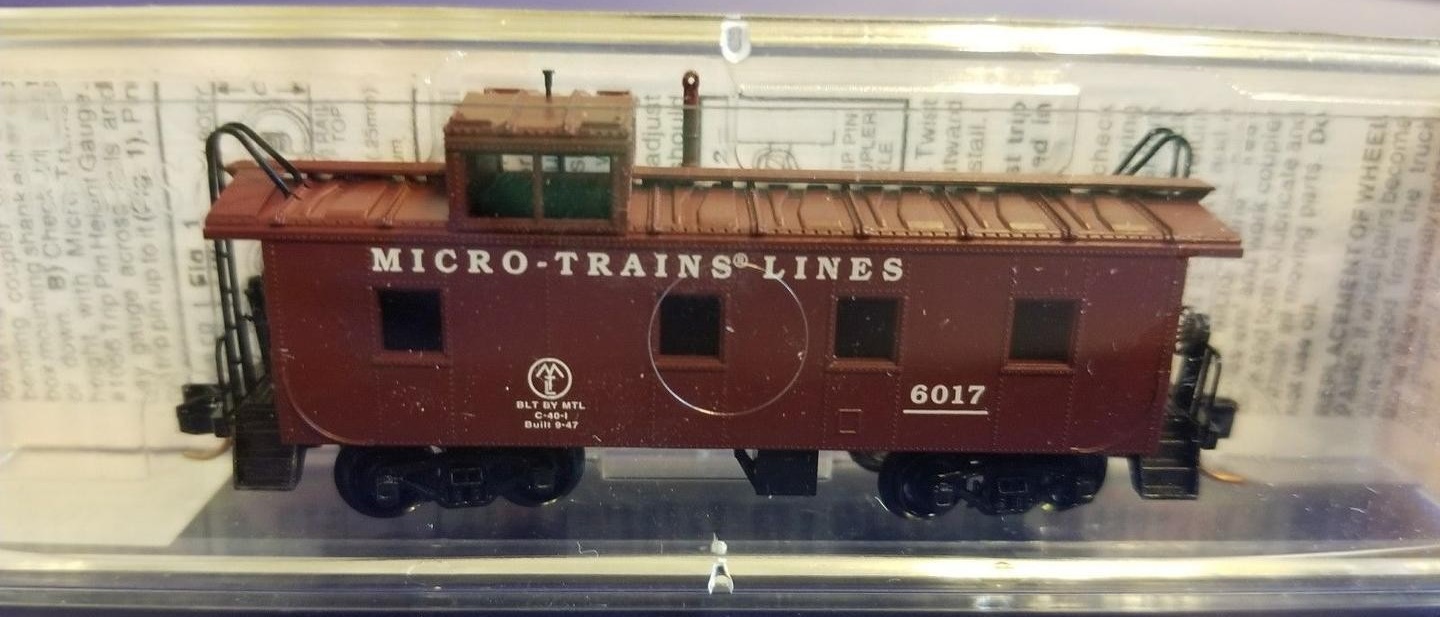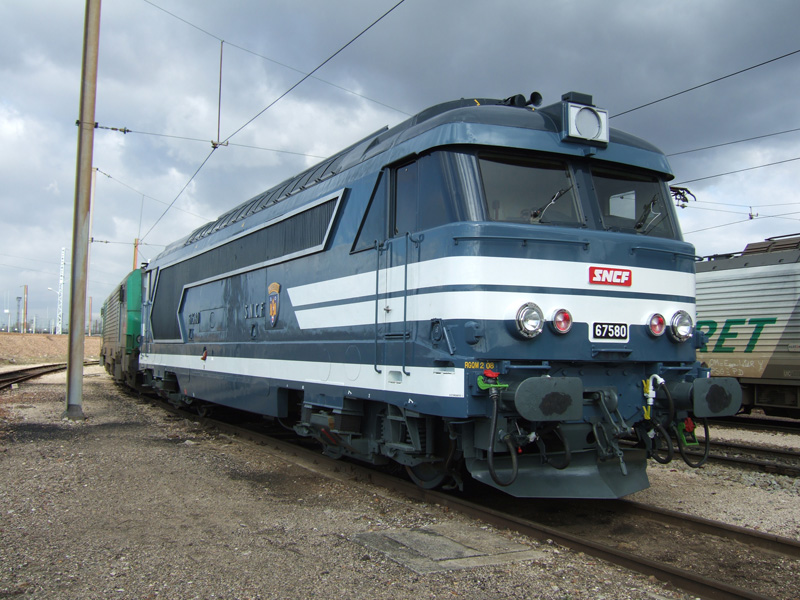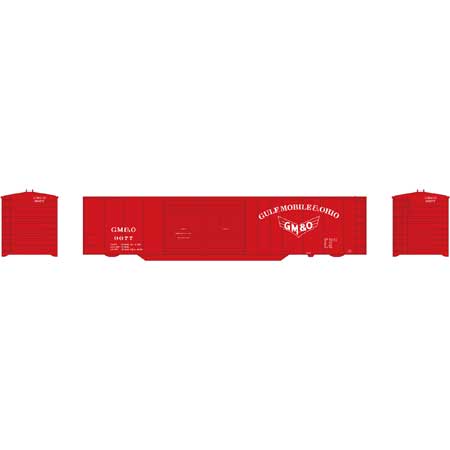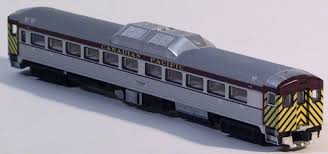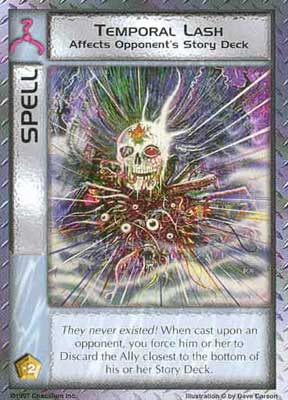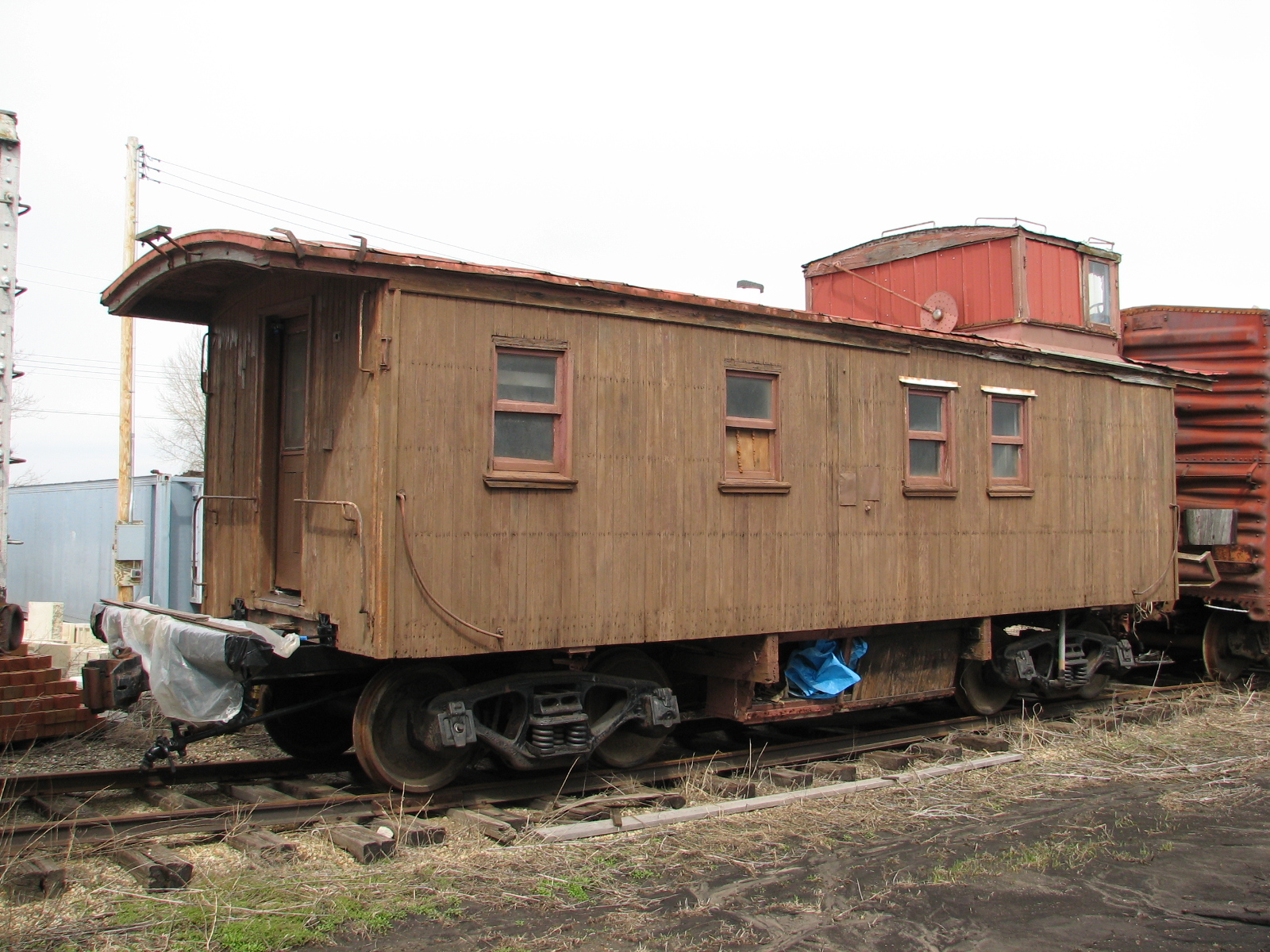Series Information: 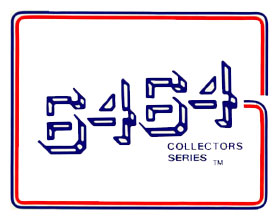 6464 Collector Series
6464 Collector Series
In the 1950′s and 60′s, most Lionel train sets included a boxcar. The common number ‘6464’ was printed on every car, regardless of the road name, and these cars have become a highly collected series for Lionel lovers throughout the world.
Lowell Smith commissioned Micro-Trains to reproduce these cars in N scale. He chose Micro-Trains because they are a company that, like Lionel, is a major brand name of trains that are both “collected and operated”.
This series began in 1995 and was projected to take seven years based on releasing six cars each year. The series was completed in 2002, as expected.
All cars were produced using the Micro-Trains 20,000 body style. At the end of the series, several “customer appreciation” sets were produced . Three locomotives and a caboose were released in conjunction with this series.
 6464 Collector Series
6464 Collector SeriesIn the 1950′s and 60′s, most Lionel train sets included a boxcar. The common number ‘6464’ was printed on every car, regardless of the road name, and these cars have become a highly collected series for Lionel lovers throughout the world.
Lowell Smith commissioned Micro-Trains to reproduce these cars in N scale. He chose Micro-Trains because they are a company that, like Lionel, is a major brand name of trains that are both “collected and operated”.
This series began in 1995 and was projected to take seven years based on releasing six cars each year. The series was completed in 2002, as expected.
All cars were produced using the Micro-Trains 20,000 body style. At the end of the series, several “customer appreciation” sets were produced . Three locomotives and a caboose were released in conjunction with this series.
Model Information: This body style (51000) is much newer than its sister tooling, the 5000 series. It was first released in October of 1989 when they introduced a 3-pack of Seaboard cars, each in a different paint scheme. The model is of a wood-sided caboose with a cupola towards one end (offset) that was common in the 1st half of the 20th century. The model also has a roofwalk. Micro-trains has produced this car in about several dozen different road names since its introduction (as of 2017) and it has also been quite popular for special runs.
At first glance it can be hard to tell the difference between this model (51000 series) and its sister-model the 'slant-side' cupola (50000 series). The difference lies primarily in the cupola (there might be other differences but I cannot see them). If you examine the car from one end (doesn't matter which), you will see that the sides of the cupola (not the car) drop straight down from the roof of the cupola down to the roof of the car. Furthermore, the window configuration of the ends of the cupola is quite different with the 51000 series having only two windows per end, while the 51000 series has three.
At first glance it can be hard to tell the difference between this model (51000 series) and its sister-model the 'slant-side' cupola (50000 series). The difference lies primarily in the cupola (there might be other differences but I cannot see them). If you examine the car from one end (doesn't matter which), you will see that the sides of the cupola (not the car) drop straight down from the roof of the cupola down to the roof of the car. Furthermore, the window configuration of the ends of the cupola is quite different with the 51000 series having only two windows per end, while the 51000 series has three.
Prototype History: The origins of the railroad caboose appear to date back to the 1840s when Nat Williams, a conductor of the Auburn & Syracuse Railroad (a later affiliate of the New York Central) became fed up with cramped and uncomfortable quarters to do paperwork (a common job of the conductor, whose responsibility is general oversight and control of a train, passenger or freight), which was usually done in either a free space of a passenger car or combine/baggage car. To fix this problem, Williams found an unused boxcar and using a simple box and barrel, as a seat and desk, set up shop in the car to do his duties. Not only did he find out he had plenty of room to work but also figured that he could use the unused space to store tools (flags, lanterns, spare parts, etc.) and other essentials to have on board whenever needed (such things become commonly stored on the caboose).
Perhaps the most striking feature ever applied to the railroad caboose was its cupola. According to the story, conductor T.B. Watson of the Chicago & North Western in the 1860s reportedly used a hole in a boxcar’s roof (which he was using as a caboose) to get a better vantage point of the train ahead. It is said that Watson was amazed by the view afforded from the position being able to not only see the train ahead but also from all sides, and to the rear as well. He apparently convinced C&NW shop forces to construct a type of open observation box onto an existing singe-level caboose with windows all around where one could sit and view their surroundings. The rest, as they say, is history and the common cupola was born.
Perhaps the most striking feature ever applied to the railroad caboose was its cupola. According to the story, conductor T.B. Watson of the Chicago & North Western in the 1860s reportedly used a hole in a boxcar’s roof (which he was using as a caboose) to get a better vantage point of the train ahead. It is said that Watson was amazed by the view afforded from the position being able to not only see the train ahead but also from all sides, and to the rear as well. He apparently convinced C&NW shop forces to construct a type of open observation box onto an existing singe-level caboose with windows all around where one could sit and view their surroundings. The rest, as they say, is history and the common cupola was born.
Road Name History: Micro-Trains sometimes makes fantasy cars using their own company name as the railroad name.
Brand/Importer Information: Micro-Trains is the brand name used by both Kadee Quality Products and Micro-Trains Line. For a history of the relationship between the brand and the two companies, please consult our Micro-Trains Collector's Guide.
Manufacturer Information:  Micro-Trains Line split off from Kadee Quality Products in 1990. Kadee Quality Products originally got involved in N-Scale by producing a scaled-down version of their successful HO Magne-Matic knuckle coupler system. This coupler was superior to the ubiquitous 'Rapido' style coupler due to two primary factors: superior realistic appearance and the ability to automatically uncouple when stopped over a magnet embedded in a section of track. The success of these couplers in N-Scale quickly translated to the production of trucks, wheels and in 1972 a release of ready-to-run box cars.
Micro-Trains Line split off from Kadee Quality Products in 1990. Kadee Quality Products originally got involved in N-Scale by producing a scaled-down version of their successful HO Magne-Matic knuckle coupler system. This coupler was superior to the ubiquitous 'Rapido' style coupler due to two primary factors: superior realistic appearance and the ability to automatically uncouple when stopped over a magnet embedded in a section of track. The success of these couplers in N-Scale quickly translated to the production of trucks, wheels and in 1972 a release of ready-to-run box cars.
Micro-Trains Line Co. split off from Kadee in 1990 to form a completely independent company. For this reason, products from this company can appear with labels from both enterprises. Due to the nature of production idiosyncrasies and various random factors, the rolling stock from Micro-Trains can have all sorts of interesting variations in both their packaging as well as the products themselves. When acquiring an MTL product it is very important to understand these important production variations that can greatly enhance (or decrease) the value of your purchase.
Please consult our Micro-Trains Collector's Guide

Micro-Trains Line Co. split off from Kadee in 1990 to form a completely independent company. For this reason, products from this company can appear with labels from both enterprises. Due to the nature of production idiosyncrasies and various random factors, the rolling stock from Micro-Trains can have all sorts of interesting variations in both their packaging as well as the products themselves. When acquiring an MTL product it is very important to understand these important production variations that can greatly enhance (or decrease) the value of your purchase.
Please consult our Micro-Trains Collector's Guide
Commissioner Information:  Desiring to bring a creative and artistic approach to model railroad cars, Lowell Smith Signature Series was born in 1994. The first special run car commemorated the Sesquicentennial (150th anniversary) of the Golden Spike - "Wedding of the Rails". Since 1994, Lowell Smith Signature Series has continued to produce over one hundred and thirty-five unique cars or train locomotives to date.
Desiring to bring a creative and artistic approach to model railroad cars, Lowell Smith Signature Series was born in 1994. The first special run car commemorated the Sesquicentennial (150th anniversary) of the Golden Spike - "Wedding of the Rails". Since 1994, Lowell Smith Signature Series has continued to produce over one hundred and thirty-five unique cars or train locomotives to date.
A native of Portland, Oregon, Lowell Smith married his church choir sweetheart Barb in 1978. After a lifetime of rail-fanning, Lowell and Barb ventured out in 1992 to launch a new business in Portland, Oregon.
Following Lowell's passion of model trains, The Hobby Smith was built to be the community center for model railroaders - operators and collectors alike. Located in the Hollywood District of Portland, The Hobby Smith was the place to learn and to enjoy the camaraderie of others with the same passion.
A native of Portland, Oregon, Lowell Smith married his church choir sweetheart Barb in 1978. After a lifetime of rail-fanning, Lowell and Barb ventured out in 1992 to launch a new business in Portland, Oregon.
Following Lowell's passion of model trains, The Hobby Smith was built to be the community center for model railroaders - operators and collectors alike. Located in the Hollywood District of Portland, The Hobby Smith was the place to learn and to enjoy the camaraderie of others with the same passion.
Item created by: gdm on 2017-10-17 13:07:27. Last edited by Alain LM on 2022-03-01 09:34:15
If you see errors or missing data in this entry, please feel free to log in and edit it. Anyone with a Gmail account can log in instantly.
If you see errors or missing data in this entry, please feel free to log in and edit it. Anyone with a Gmail account can log in instantly.


